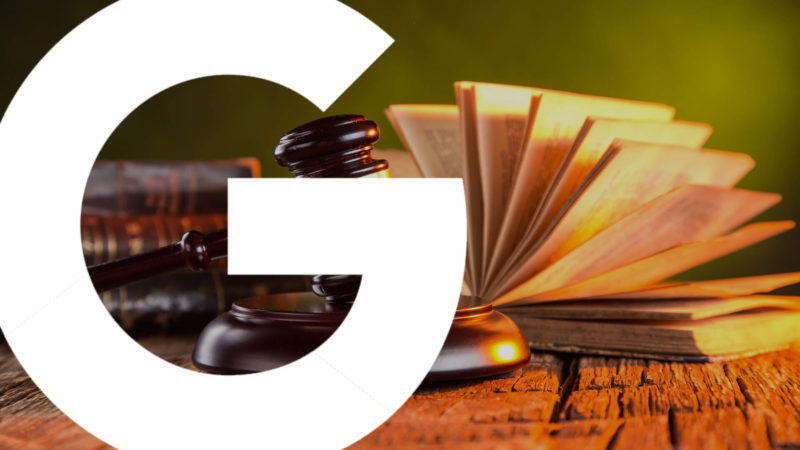Copyright bully Getty Images complains to EU that Google coerced it into image search
Company says high-res image search results have harmed traffic and revenues.
Today, Getty Images is filing a formal antitrust complaint with the European Commission (EC) about Google image search. This was first reported yesterday by Time.
According to published reports, Getty claims that high-resolution Google image search results, “scraped” from its customers’ sites, are “siphoning traffic and profits from photographers.” Getty argues, because people can view high-quality versions of its photos in image search results, consumers don’t need to click through to publisher sites, and traffic and revenues are suffering accordingly. (See postscript below regarding the traffic decline.)
It also claims that Google’s presentation of these images and their capacity to be saved or downloaded promotes copyright infringement and “piracy.”
Google and Getty Images had been in talks for some time over Getty’s concerns about high-res images in Google image search. However, Getty says that Google ultimately told the company to “accept the new image format or opt out of image search,” according to the Financial Times.
Getty said it felt coerced by Google’s market power into participating. The “scraping” claims, not currently part of the EC’s two formal antitrust actions against Google, are at the heart of European news publishers’ recent efforts to restrict Google’s ability to show their content in search results without paying them. (While there are exceptions to copyright liability, there is effectively no “fair use” doctrine in Europe.)
Getty Images has in the past waged a questionable and aggressive campaign (copyright trolling) against anyone and everyone who used Getty photographs without licensing them. Often, these were dubious or innocent cases involving individuals without any intent to exploit the images commercially. The litigation-threat letters have been widely characterized and criticized as extortion.
Perhaps recognizing the ultimate futility of that approach, Getty began to enable free embedding of its images in 2014. It’s not clear whether this practice will have any impact on Europe’s response to the complaint. Regardless, the new Getty complaint creates another headache for Google in Europe.
As general matter, Google’s potential exposure for breaking European antitrust law could be as much as $7 billion in a worst-case scenario.
Postscript: When Google redesigned image search in 2013, it removed the background image of the source website. Thereafter, to visit a site, users explicitly had to click the “visit website” button. As a result of that change many publishers saw significant traffic losses from image search results, including photography and stock photo websites:
Overall, sites in the study saw an average decline of 63% of their traffic from Google Image Search. Industries hit the hardest, according to the report, were Fashion & Lifestyle, Entertainment, News and Photo verticals seeing about a 78% decline in Google Image Search traffic.
Accordingly this may be a stronger explanation for the traffic losses that Getty Images is complaining about than the “high-resolution” claim. At the time Google disputed the study’s findings, claiming that “real traffic” was up 25 percent.
Postscript II: In 2013, the Center of the Picture Industry (CEPIC) submitted a formal antitrust complaint to the EC on essentially the same grounds as the Getty Images complaint. CEPIC argued the following at the time:
Google presents images in full size and high resolution on its site and enables users to download them without ever having to click through to the original website hosting the image. Google does not even inform users properly about the origin of images and their copyright protection.
In addition, since summer 2013, Google uses third party images without their consent as so called “direct answers” on the results pages of its horizontal web search or in its “Knowledge Graph”.
As a result of these developments, Google diverts users’ attention from the legitimate rightholders to its own services, benefiting thereby from the rightholders’ investments. The image providers in turn are deprived of the credit and fruits of their work.
The EC apparently declined to take action at the time. It’s unclear whether the Getty Images complaint will meet the same fate or whether these issues will be given greater attention now — in the context of multiple, ongoing antitrust investigations.
Opinions expressed in this article are those of the guest author and not necessarily Search Engine Land. Staff authors are listed here.
Related stories
